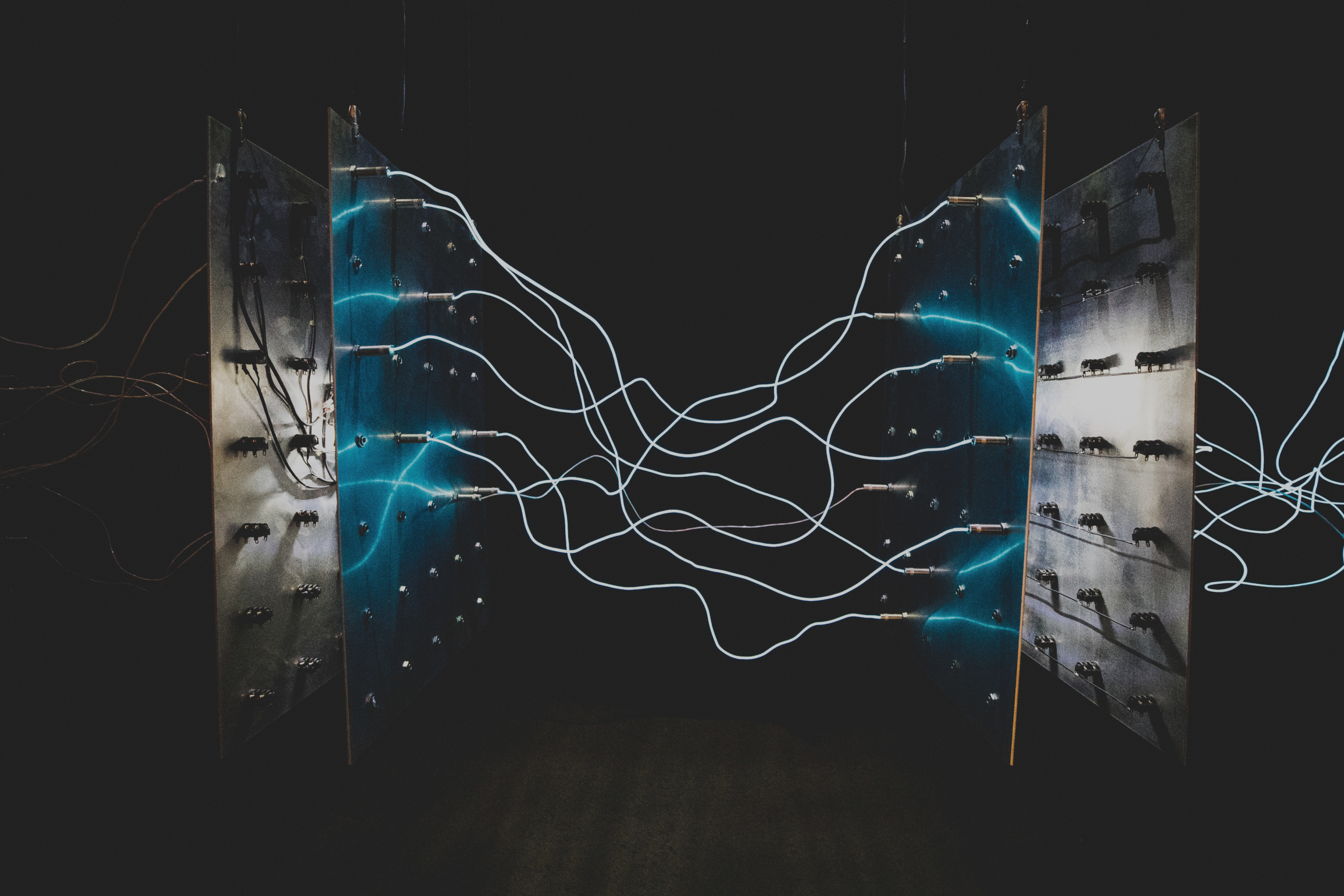
This week, on my quest to write a blog post a week during the podcast series on Phronesis with Scott Allen, I’m going to reflect on the interview with Chuck Palus and John McGuire on The Both and Reality. This title reminds me of a phrase I first heard from Tom Atlee: Everything is getting worse and worse, and better and better, faster and faster. There is something about this phrase that I think captures modern life. We are inundated with news of the latest disasters, wars, and a host of other signals of decline. Maybe not as much in focus, we are still experiencing many aspects of life seemingly getting better, (although I suspect there are those who could deconstruct such impressions). Certainly, the pace of change is seldom in question.
At the same time, we know that change is hard and slow to make happen. Chuck and John talked about the challenges they experienced trying to bring in ideas like adult development or transformational leadership to CCL. Now transformation is front and center on their website and adult development is part of their research agenda. (They published a good overview of the field in Leadership Quarterly in 2006). But it didn’t happen quickly or easily. In a way this exemplifies the both and reality.
While we often search for simple answers to complex issues, (Jennifer Garvey Berger’s Mind Traps describes this very well, and as I distract myself from writing, I found this on LinkedIn), we also know from everyday experience that we often have mixed feelings about a situation or experience. We can be both excited and nervous, or elated and concerned and so on. It is a both and reality.
The chapter Chuck and John (along with two other colleagues) wrote includes how they have used polarities as a simple yet powerful framework to help leaders have a way of holding this reality and then working with the tensions these polarities bring. I believe that it is by engaging this tension that we experience that we actually grow.
Another aspect of the conversation was the power of naming things, or making distinctions. Naming polarities is one aspect of this. Another is naming developmental distinctions. Stage models of development are in many ways, just this, a way of helping people distinguish aspects of their experience and how they relate to it. As we journey through life, some aspects of us change and those changes tend to have structural patterns to them that can be described. My own experience using one of the tools they mention (the transformation card decks) is that people recognize steps on their journey. How they have acted in the past, how they are now and how they aspire to be in the future. This can be like finding your location on a roadmap for navigating your way through life.
A much longer conversation is about the relationship between organizational and societal cultures and individual development. This was part of the conversation as well, but would require more work than this post requires to do justice. Better to listen to the podcast and read the chapter 😉
